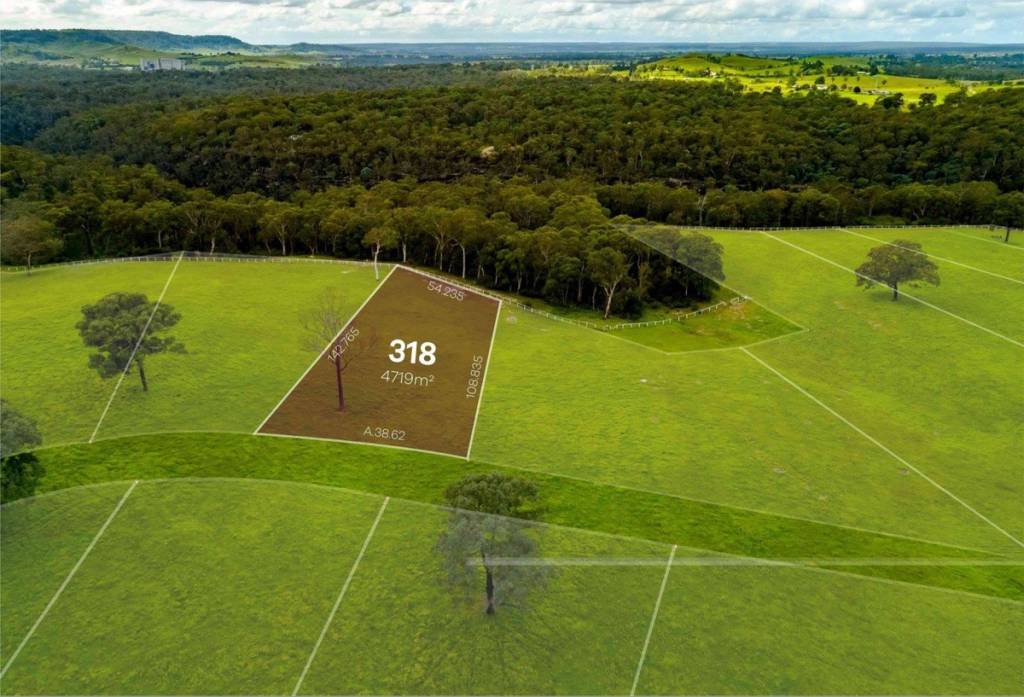Finding the ideal lot for sale can be the first step towards building the home of your dreams or making a smart real estate investment. Whether you’re searching for a spacious plot in a serene, rural area or a conveniently located lot within the city, there are many factors to consider that can influence your decision. Here’s a guide to help you navigate the process and make an informed choice.

Location is Key
The location of a lot determines not only its value but also the kind of lifestyle it offers. When you choose a lot in a developed neighbourhood, you’ll often have easy access to schools, shopping, and community amenities. For those seeking a peaceful lifestyle, lots on the outskirts or in scenic areas offer tranquillity and beautiful surroundings. Whether it’s a place for future family housing or a weekend getaway, selecting the right location is essential.
Zoning and Land Use Regulations
Before purchasing a lot, it’s crucial to understand the zoning laws in the area. Zoning determines what you can legally build on the land, whether it’s a single-family residence, a multi-family unit, or a commercial structure. Zoning regulations can also restrict specific types of buildings, so check with the local planning office to confirm that the lot meets your intended use. Some areas may also have restrictions on lot size, building height, and other factors, which can impact your plans.
Lot Size and Shape
The size and shape of the lot also play a significant role in your building plans. Smaller lots are easier to maintain but may limit design possibilities, while larger lots offer more flexibility. The shape of the lot can affect the layout of the property, as irregularly shaped lots may require creative architectural solutions. Assessing the dimensions carefully ensures that the lot will accommodate your vision for the property.
Accessibility and Utilities
Having access to necessary utilities and roadways is another consideration. Look for lots with established access to electricity, water, and sewage lines, as bringing these utilities to the property later can be costly. If the lot is in a remote area, check for accessibility to main roads. Reliable infrastructure can significantly enhance the value of the lot and ease of development.
Future Value and Market Trends
Investing in a lot with strong potential for future value can yield long-term financial benefits. Lots in developing areas, particularly in growing towns or near upcoming infrastructure projects, often appreciate over time. Observing real estate trends can help you identify lots that have the potential for a high return on investment. Working with a local real estate agent can provide insights into the area’s growth and demand for properties.
Conclusion
Buying a lot is an exciting opportunity to invest in real estate and shape your future. By evaluating location, zoning, lot dimensions, accessibility, and market trends, you can make a confident and informed decision. Whether it’s for building your dream home or adding to your investment portfolio, the right lot can offer endless possibilities.


Pingback: land for sale in coimbatore below 5 lakhs